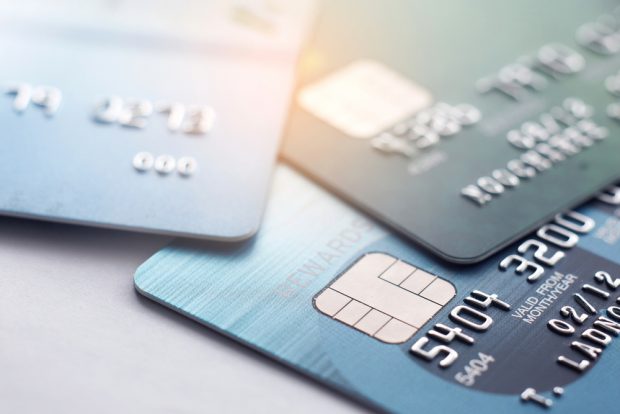
U.S. consumer debt rose in January by the least in four months on a sharp slowdown in use of revolving products such as credit cards, Federal Reserve data showed Wednesday.
Total credit rose $13.9b m/m (est. $17.7b gain) and follows a revised $19.2b Dec. gain (prev. $18.4b) Revolving credit outstanding rose $701m, least since Feb. 2015, after a $6.1b Dec. increase Non-revolving debt outstanding climbed $13.2b after a $13.1b riseKey Takeaways
The slow growth in revolving debt, in line with sluggish household spending figures reported for January, indicates consumers may have been reluctant to increase credit-card balances following robust outlays in the fourth quarter. Gains in overall consumer credit cooled for a second month.
Even so, a strong jobs market and the tax cuts enacted in December are likely to support household spending in the first half of the year. The Fed's consumer credit report doesn't track debt secured by real estate, such as home equity lines of credit and home mortgages.
Lending by the federal government, which is mainly for student loans, increased by $26.3 billion in January, before seasonal adjustment.
© Touchpoint Markets, All Rights Reserved. Request academic re-use from www.copyright.com. All other uses, submit a request to [email protected]. For more inforrmation visit Asset & Logo Licensing.






